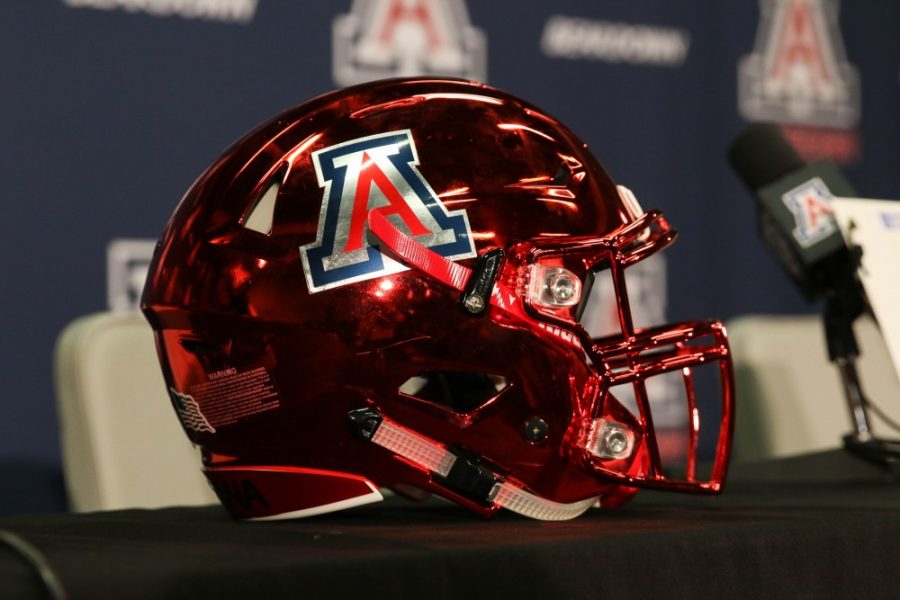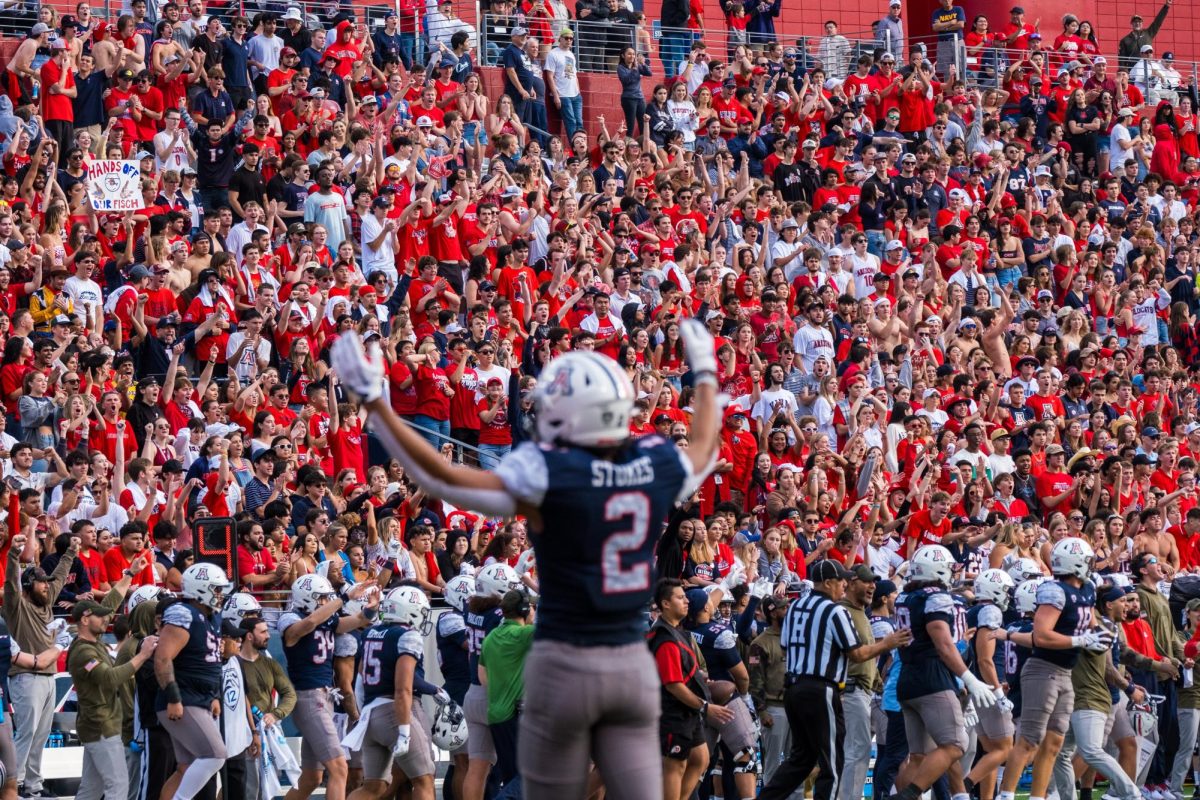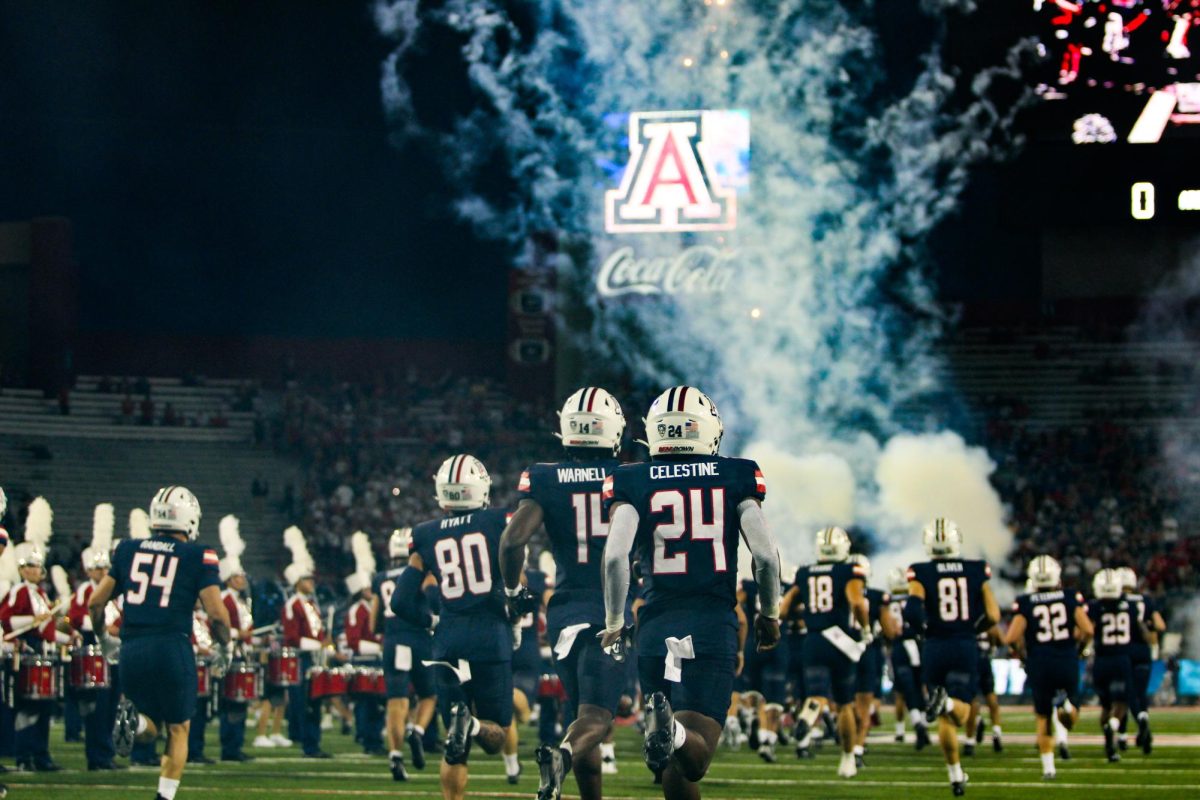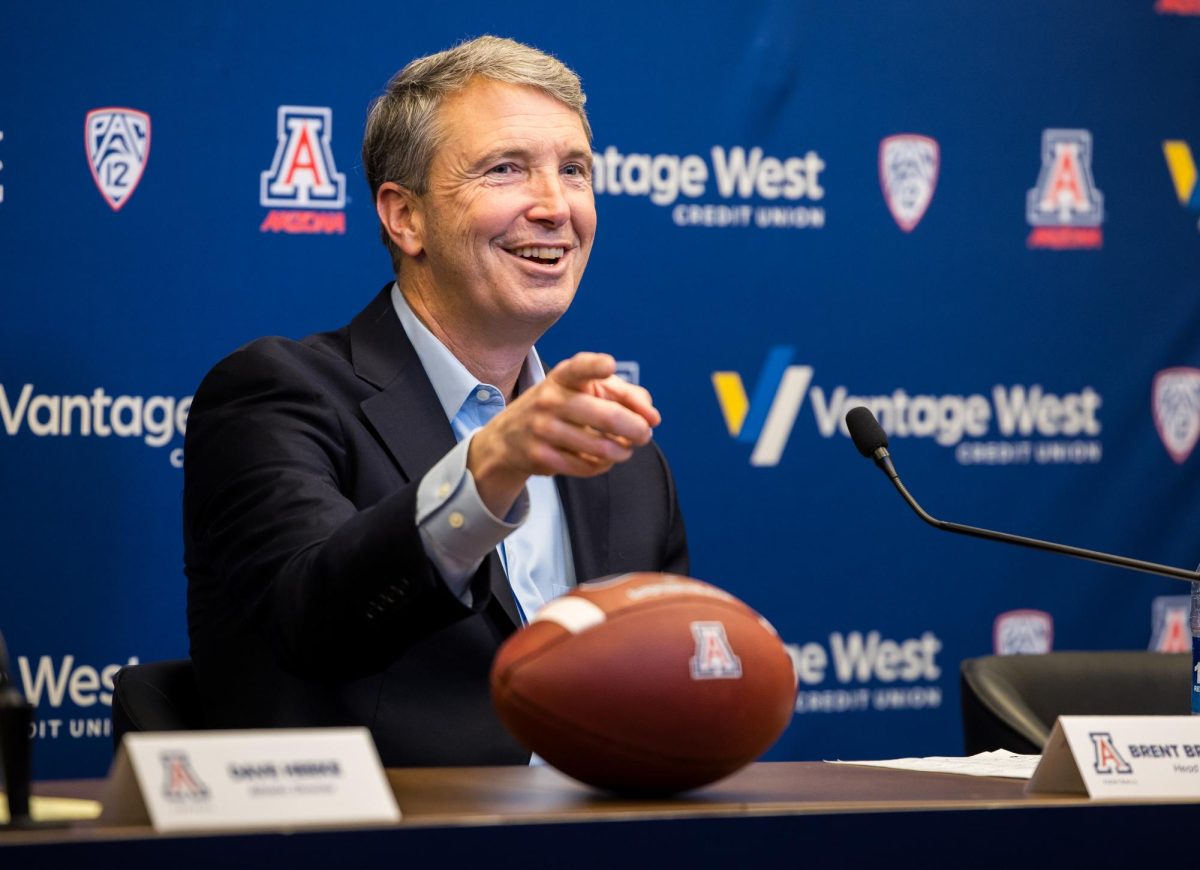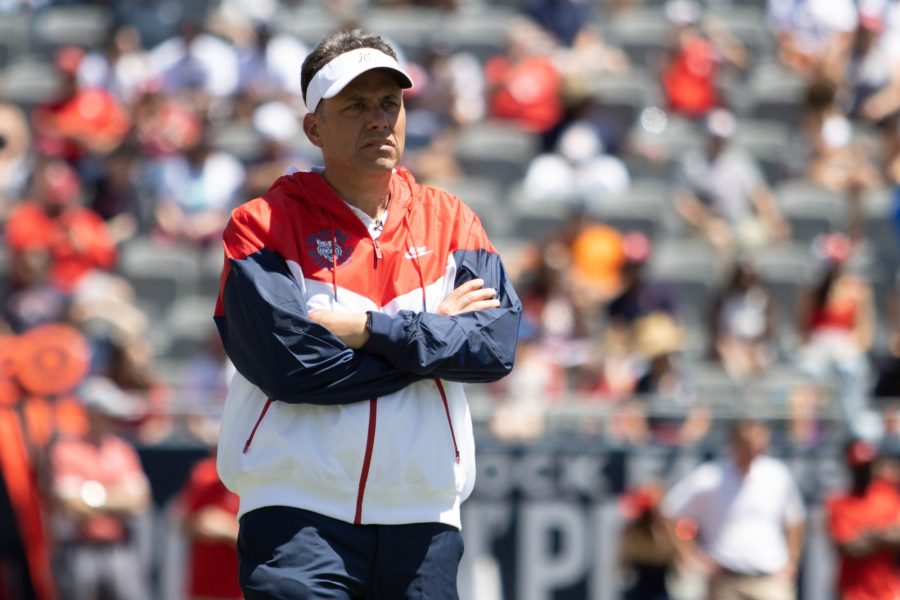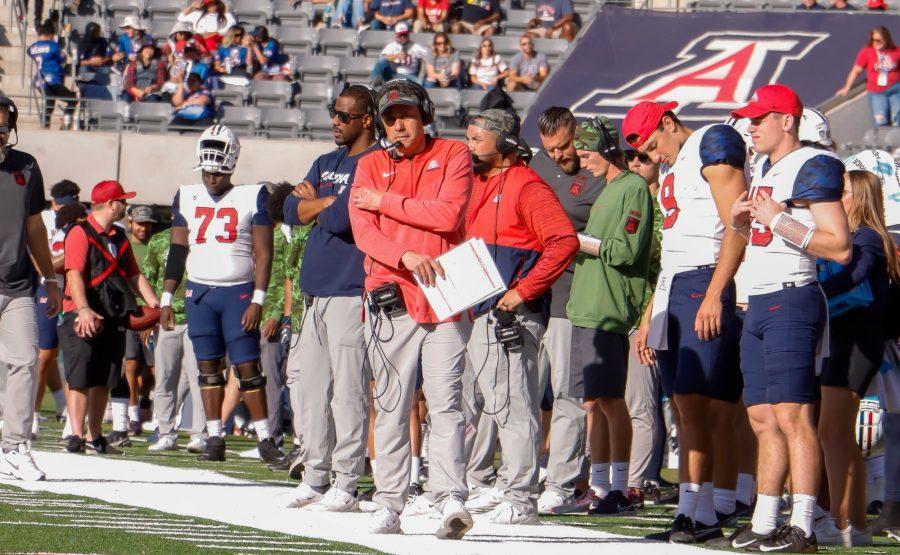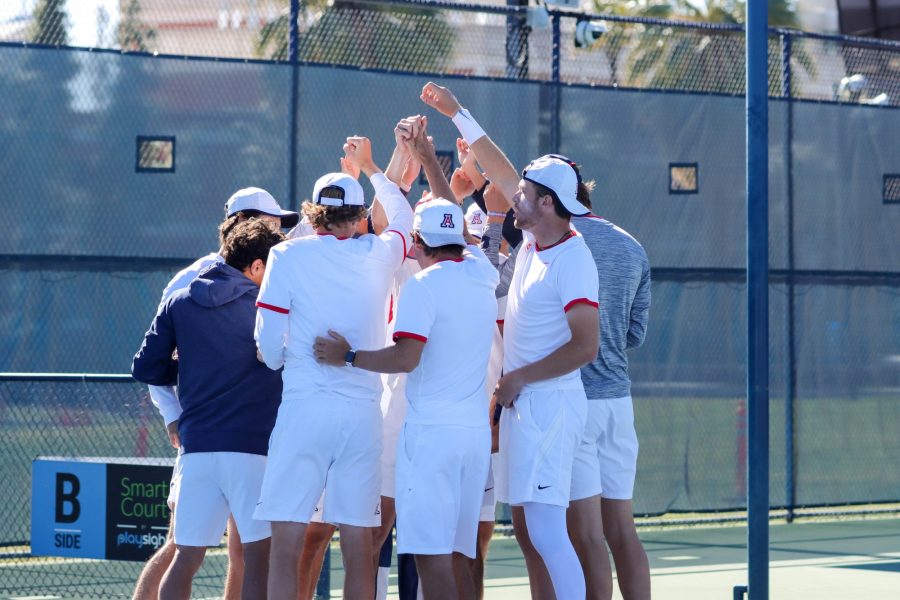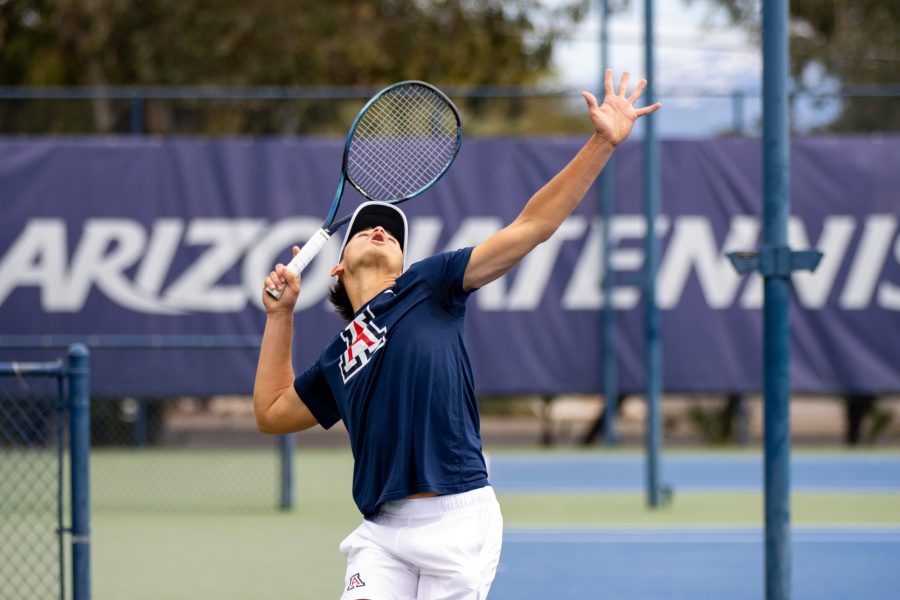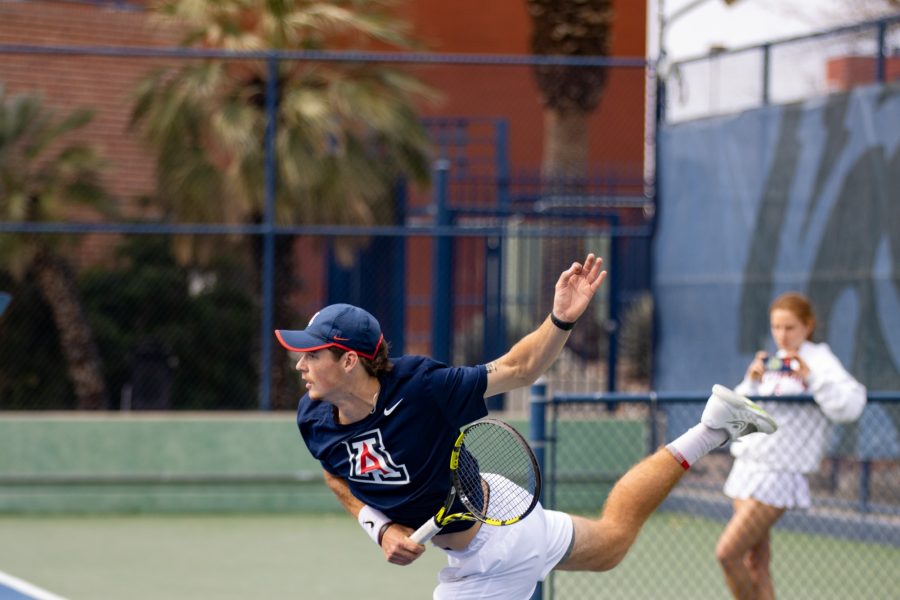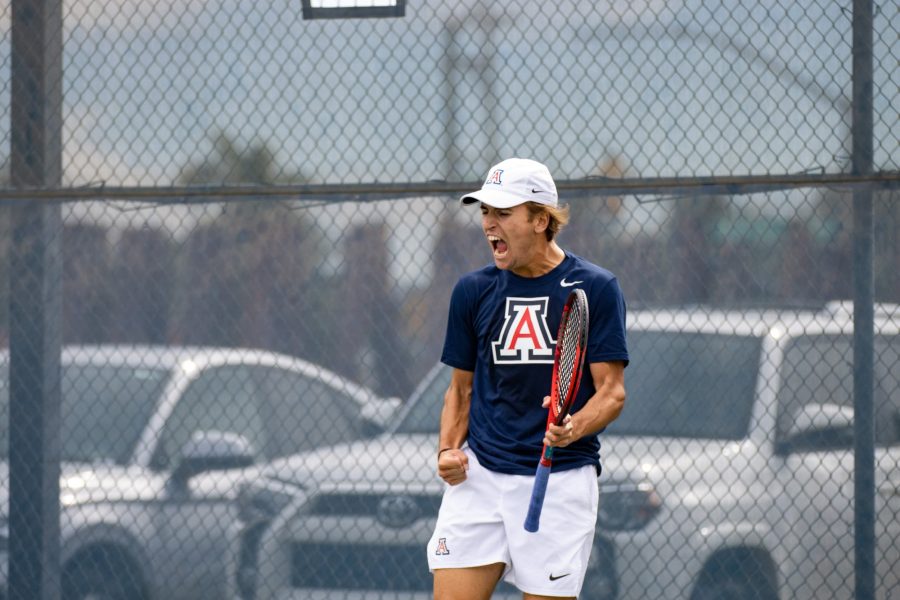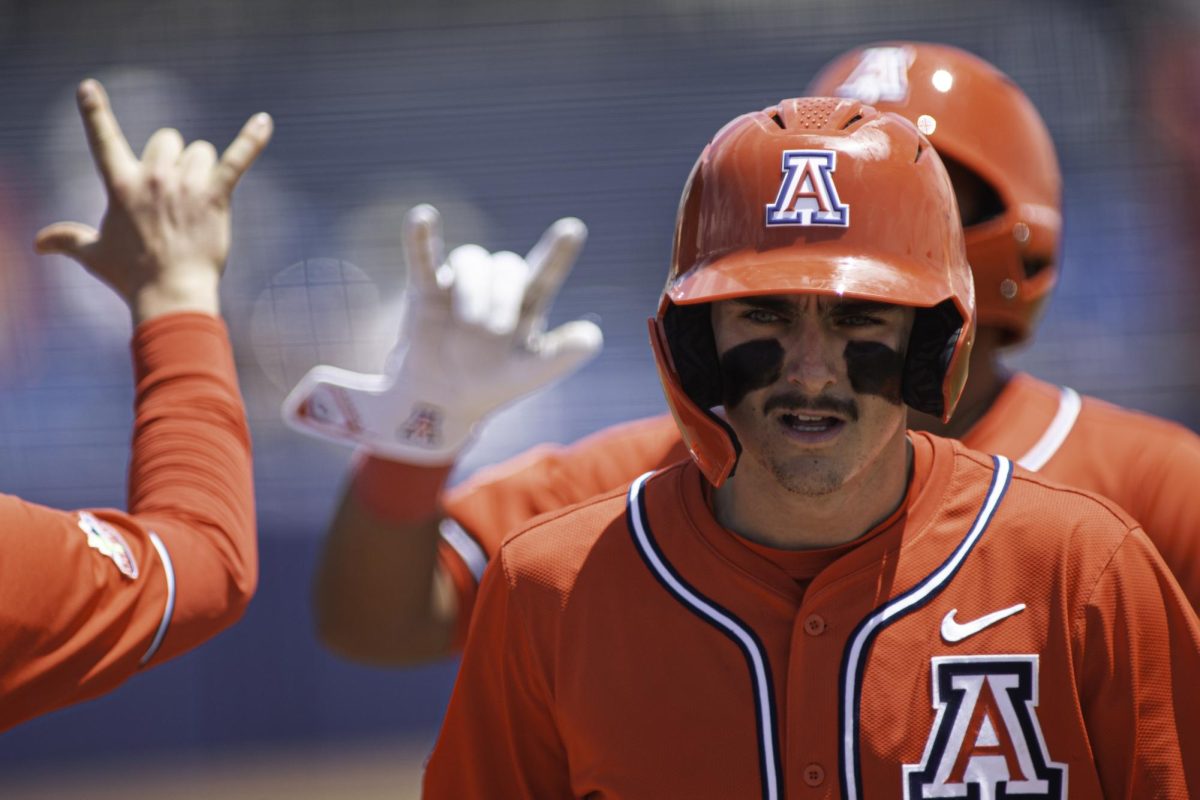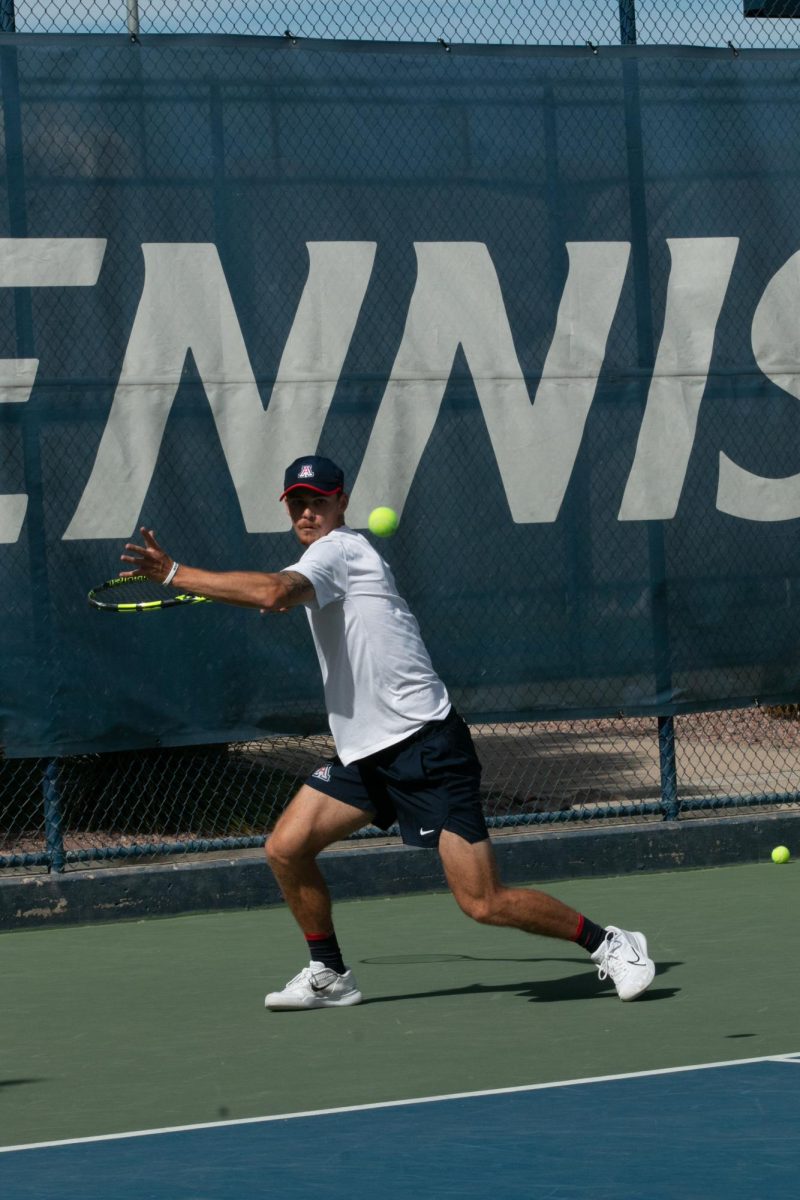As the start of the fall season continues to approach, the biggest question regarding collegiate sports continues to linger: Should the NCAA forge ahead with its plan for a sports season in 2020?
The Ivy League was the first to definitively answer this question announcing on Wednesday, July 8, that all fall sports will be canceled for the upcoming semester with the conference saying that it will not entertain any sports being played until January 1.
The Ivy League was the first to cancel their men and women’s postseason basketball tournaments back on March 10 while also withdrawing its student-athletes from every other athletic competition. It was a decision that was criticized by most and seen as an overreactive one as the COVID-19 pandemic was still in its early stages. The league’s decision would prove to be the right one as the NBA saw its first positive case for COVID-19 just two days later, prompting a nation-wide shutdown in professional and collegiate sports.
Arizona is scheduled to begin its football season against the University of Hawaii on August 29. That starting date has become more ambiguous after the university paused its reentry plan for its student-athletes on June 29 after a rising surge in COVID-19 cases in Pima County.
RELATED: Arizona Athletics pauses student-athlete reentry plan after rising number of cases in Pima County
So with the Ivy League becoming the first domino to fall, the question now becomes: Should the Pac-12 and the rest of the NCAA follow in its footsteps and postpone its fall sports?
Pac-12 Commissioner Larry Scott has made no indication so far regarding the cancellation of fall sports but has said that the league is considering a few different scenarios for the upcoming football season, including moving the football season to the spring and a potential “conference-only” schedule to limit the amount of travel.
“I was cautiously optimistic … but the last couple weeks have changed everyone’s outlook because of the extent to which restarting the economy and loosening restrictions has led to significant outbreaks,” Scott told the Hotline.
Scott also added that they are not confidently moving in this direction just yet and that the Ivy League’s decision would have no implications on the Pac-12.
“I don’t think it’s going to have much bearing on what we do,” Scott told ESPN. “Different part of the country, different approach to college sports and college football. Everyone is looking around the country and taking an interest in what they do, but I don’t think it’s going to have any bearing on what we do.”
Other conferences have been more cautious in their approach for a sports season in the fall with the commissioner of the Patriot League, Jennifer Heppel, saying the risk is far too high at the moment.
“If it costs too much to maintain a healthy environment at our institutions and our communities, then we don’t play sports or we don’t return students to campus,” Heppel told ESPN. “We’re not going to compromise health and safety due to a football guarantee. That’s crazy. If we can’t do it safely, we’re not going to do it.”
Canceling the college football season would be a huge financial loss for the NCAA and its universities. ABC News reported that a season without football would cause the 65 Power 5 schools to collectively lose $4 billion in football revenue. It’s important to note that many universities hold endowments that could potentially cover the revenue loss, some more than others.
The Ivy League has over $135 billion in endowment, with Harvard University being the most at around $40 billion so the decision of postponing the college football season doesn’t hurt them as much as others as the league has less financial implications tied to a season. The University of Arizona holds an endowment of $1.038 billion with the rest of the Pac-12 depending solely on the income from sports and football.
“Anywhere from 75 up to almost 85% of all revenues to our departments are derived directly or indirectly from football,” Oregon State Athletics Director Scott Barnes told ABC News. “Indirectly, I mean sponsorship dollars, multimedia rights, and then you’ve got your gate, your donations and whatnot. The impact of not playing a season is devastating. It would rock the foundation of intercollegiate athletics the way we know it. Frankly, I’m not trying to solve for that because it would be such a devastating circumstance that we’d almost have to get a whiteboard out and start over.”
UA athletic director Dave Heeke also noted that the school would suffer greatly without its annual football revenue.
Without college football, it would be devastating to the overall college-athletic enterprise,” Heeke said. “The resources that surround college football at a local level when you talk about tickets, donations and media packages. They all have an enormous amount of revenue streams that feeds back into our university and athletic programs that are important to the financial viability of our overall programs.”
Follow Jacob Mennuti on Twitter



